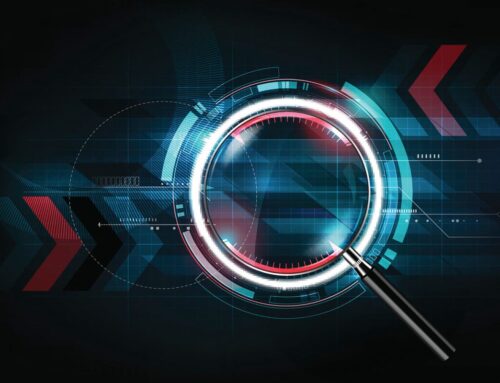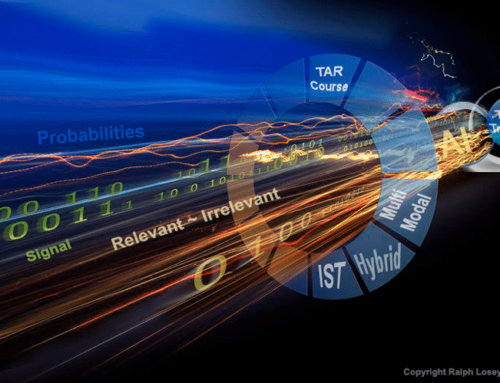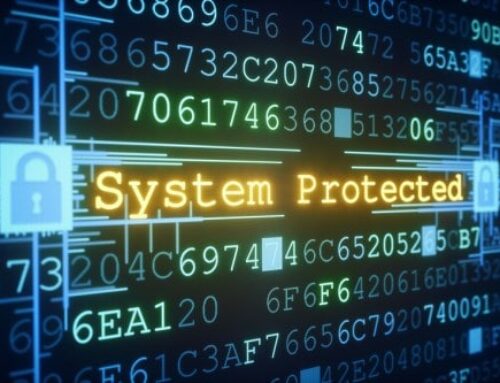The first step to being able to properly utilize E-Discovery in your production stage of your litigation trial is understanding the processes and technology that surrounds it. For example, many clients express interest in using E-Discovery for organizing and mining through the mountains of emails they may receive as evidence within a case, but how does E-Discovery work? To understand that, you must have a clear understanding of metadata. Simply put, metadata is data about data. This may sound like a play on words, but it’s the most literal definition. Metadata is data that explains or describes other forms of data and is usually found within said data. Let’s look at this in the context of emails.
Metadata in E-Mails
Metadata within an email is basically information about the email itself. For example, the metadata could show information as apparent as who the email was sent to, when it was sent, what documents were attached to information as detailed as what server the email was sent from, the I.P Address, to even when and where the email was accessed, edited, etc. At first glance, this information may seem harmless but in the context of litigation, this information could lead to the “smoking gun” in a mountain of what could be pointless emails and documents.
How Does This Help?
Once you have the metadata, you can begin the use of data filtering tools to organize the information and sort through what you need and what you don’t need. For instance, you would be able to pick out emails that only use the word “armadillo” and was sent between the months of February and March, which could cut your pile of emails from 1500 down to 50. This, in turn, cuts down your litigation prep time tremendously and helps you focus on what you need instead of sifting through what you don’t need. This is where Lit & More comes in.
At Lit & More, we can sift through those mountains of emails and sort out exactly what you need as well as remove duplicated emails and manage your email threads (i.e. the running list of succeeding replies starting with the original email). Lit & More also provides CLEs to give our clients more of an insight on what metadata is, the role it plays in E-Discovery, and Lit & More’s role in making your pre-trial process easier and more efficient.
For more Tidbits & Thoughts, please click here.






